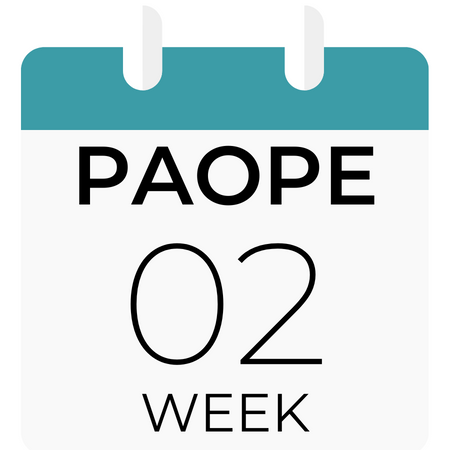Jesus Call to Simon the 1st Disciple
“Do not be afraid; from now on you will be catching men.” (Luke 5:10)
On this Sunday the second Sunday of Paope, the Church reads from Luke 5:1-11. This Gospel begins by describing how the crowd was pressing in on Jesus “to hear the word of God” (Lk 5:1). Do we have the same urgency to hear the word of God? More importantly, do we have the same urgency to be united with the Word of God in the holy mystery of the Eucharist? As St. Cyril of Alexandria reminds us, “Christ is not merely a teacher of words but the Word of the living God who offers Himself as life to those who believe.”
The urgency from the crowd propels Jesus to step into Simon Peter’s boat and asks him to push out a little from the land, making the boat His pulpit. This scene is rich with symbolism; the boat represents the Church, Christ enters into it, and from it He speaks His Word to the multitudes. The collaboration between Jesus and Peter also shows that God does not work alone. He calls us to share in His ministry, not because He needs us, but because He dignifies us by making us co-workers with Him “For we are God’s fellow workers” (1 Cor. 3:9).
It is no coincidence then that the Gospel mentions the lake of Gennesaret by name while witnessing to the faith of Simon, who hears the command of Jesus and does it. Gennesaret (Lk 5:1), Hebrew for “garden of the prince’ or ‘valley of riches,’ is known for its very fertile land and rich soil. Rich soil in the gospel refers to a person “who hears the word and understands it;” and the result of this understanding is bearing fruit a hundredfold, sixty, or thirty (Matt 13:23). Moreover, we see Peter’s reply to Jesus demonstrating the richness of his soil, “Master, we toiled all night and took nothing! But at your word, I will let down the nets” (Lk 5:5). We, too, must have rich soil, which, according to St John Chrysostom, refers to a receptive soul always ready to enact the seeds the Sower sows in his heart.
Out of fear and awe from the miracle he had just witnessed, Peter says, “Depart from me, for I am a sinful man, O Lord” (Luke 5:8). This can be seen as a confession from Peter because while he did loosely follow Jesus before this miracle, at this moment, he realized Christ’s dominion and power and humbled himself before Him. However, his confession was not mere words; instead, he took action by heeding Christ’s message to follow Him (Lk 5:11). It is the same with us. When we humble ourselves before the Lord and realize His boundless love for us and His hands intricately coordinating our lives, we will respond like Simon and the other disciples. We would leave behind the things of the world, not necessarily by living a solitary life, but by prioritizing Him daily and having our Beloved in the forefront of our minds “But seek first the kingdom of God and his righteousness, and all these things will be added to you” (Matt 6:33).
In the words of St. Jacob of Serugh: “Humility is the home of divinity; God will abide in it wherever it is!” If we, like Peter, humble ourselves before the greatness of Christ, then His presence will dwell in us, and our lives will bear abundant fruit.
Amen
Sources:
- Arthur Just Jr. and Thomas C. Oden. Ancient Christian Commentary on Scripture: New Testament III, Luke
- Bible, English Standard Version
- Catena Bible, Commentary on Luke
- Father Tadros Yacoub Malaty, A Patristic Commentary on the Book of Luke
- Saint Cyril of Alexandria, and R. Payne Smith. Commentary Upon the Gospel According to St. Luke. Univ. Press, 1859.
- St. Jacob of Serugh, Homilies on Humility

